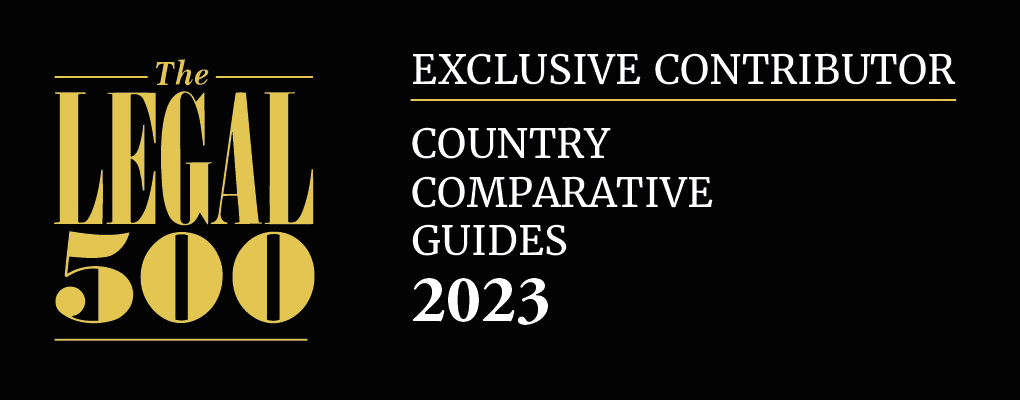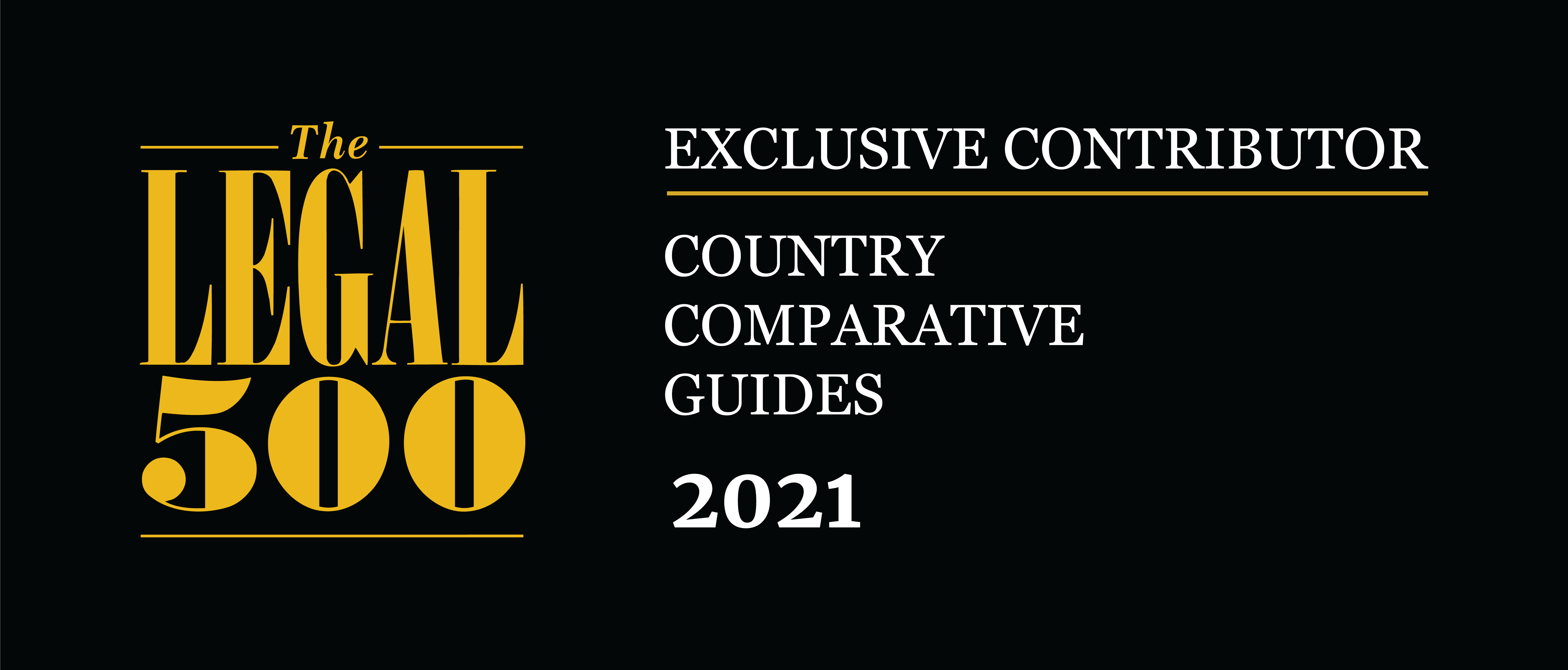WARSAW
T: +48 22 375 40 40
ul. Cybernetyki 19/B
B2RLAW 2020. All rights reserved.
Cookies Privacy Policy
B2RLaw: Celebrating Pride Month 2025
Celebrating Pride Month 2025: Embracing Diversity and Inclusion in Poland!
As June unfolds, we at B2RLaw proudly join the global celebration of Pride Month – a time dedicated to honouring the LGBTQ+ community and reaffirming our commitment to equality, inclusion, and human dignity. We are dedicated to fostering an environment where everyone feels valued and respected. We believe that diversity enriches our perspectives and drives innovation. This Pride Month, we reaffirm our commitment to supporting the LGBTQ+ community and promoting inclusivity within our firm and the broader legal profession.
Let’s celebrate love, authenticity, and the courage to be oneself – not just in June, but every day!
Progress in Poland
Recent surveys indicate a positive shift in public opinion:
+ An Ipsos poll from June 2024 revealed that 67% of Poles support the right of same-sex couples to marry or legally register their relationship.
+ A United Surveys poll in April 2024 showed that 50% support same-sex marriage, and 66% support same-sex civil partnerships.
These figures reflect a growing acceptance and recognition of LGBTQ+ rights within our society.
Economic Implications of Inclusion
Inclusion is not only a moral imperative but also an economic one. A 2025 report by Open for Business highlights that discrimination against LGBTQ+ individuals costs Poland up to 20.4 billion PLN annually, due to factors like brain drain and health-related impacts. Conversely, companies that embrace inclusive policies tend to outperform others financially, enhancing competitiveness on both regional and global levels.
Aleksandra Zielińska joins Women’s White Collar Defense Association
Aleksandra Zielińska (Advocate, Associate) has just become a member of Women’s White Collar Defense Association (WWCDA).

The WWCDA is a powerful global community of professionals united by a passion for white collar and other defense and compliance work. Their clients are corporations, other organizations and individuals facing government enforcement actions (criminal, civil, regulatory, and administrative), internal investigations, and compliance issues.
As Ola continues to grow as a leader in this field, we’re proud to see her connect with a network that empowers women, builds meaningful connections, and shapes the future of our profession!
WWCDA promotes equal opportunity for all in the legal and consulting professions, including organizing business activities to facilitate networking and business development opportunities, and providing educational programming focused on the defense of government enforcement actions, conducting internal investigations, and counselling on compliance matters. More behind WWCDA mission [ here ]
B2RLaw at IX UW MOOT 2025
From 8 to 11 April 2025, Wydział Prawa i Administracji Uniwersytetu Warszawskiego (WPiA UW) will host the 9th edition of the prestigious UW MOOT competition – a simulated arbitration hearing where participants from across Poland compete in presenting their arguments before a panel of professional judges.

Edyta Zalewska (Partner, Advocate) will take on the role of an arbitrator – a specialist in alternative dispute resolution.
This is a fantastic opportunity for young lawyers to experience the realities of arbitration proceedings and develop their skills in practice.
Best of luck to all participants – may the best team win!
B2RLaw in Chambers & Partners Europe 2025 ranking!
B2RLaw has been recognized by Chambers and Partners Europe 2025!

Bartłomiej Jankowski – Band 2 Lawyer in White-Collar Crime & Corporate Investigations
Corporate/M&A Mid-Market – Band 4 for the entire Department
The detailed results: HERE
European Commission Report ”VAT AFTER VIDA” REFLECTIONS ON THE FUTURE OF VAT
What changes in the VAT Directive should be taken into consideration by the new European Commission? What is the vision of “VAT of the Future” as seen by the most prominent European business associations and tax experts?
As a member of the EU VAT Expert Group (VEG), B2RLaw together with Jan Sarnowski (Head of the Tax) are proud to contribute to shaping the future of VAT.
Yesterday the report prepared by VEG on request of the EU Commission on the “VAT after ViDA” initiative, addressing the future of VAT was officially published.

The report explores the long-term vision for a potential EU VAT system, approaching the topic with an open and forward-thinking perspective. It builds on the core principles and structure of VAT while incorporating global experiences. The analysis also takes into account the EU’s current political and practical landscape, as well as emerging technologies that could influence the future VAT system. At the same time, it acknowledges the importance of starting with today’s realities—reviewing the current VAT system, addressing its shortcomings, and examining the impact of implementing ViDA.
This is a strategic starting point for further exploration and research.
Download the full report here: VAT Expert Group (VEG) Report dated December 2nd, 2024
Record High Damages for LGBTQ+ Victim
B2RLaw actively encourages all its lawyers to partake in ProBono work. We are pleased to share news about this successful case. This is a record-breaking verdict for compensation and damages for the wrongful detention of our non-binary American client during the LGBTQ+ protests at Krakowskie Przedmieście in August 2020!

This is a great success for Paulina Milewska-Mróz (Advocate, Senior Associate), who led the case with the support of Aleksandra Zielińska (Junior Associate, Advocate trainee), Agata Semeniuk (Junior Associate, Advocate trainee) and Roman Iwański (Advocate, Partner)!
For our Polish followers, here is a link to an article from Gazeta Wyborcza – LINK.
B2RLaw’s experts author The Legal 500: White Collar Crime Country Comparative Guide
B2RLaw’s experts: Bartłomiej Jankowski (Advocate, Managing Partner), Kinga Karaszewska (Advocate, Associate) and Jakub Przybyliński (Advocate, Associate) have once again been invited to author the Polish chapter of The Legal 500: White Collar Crime Country Comparative Guide.

The Legal 500’s Country Comparative Guides are produced in association with the world’s leading lawyers and give the in-house community a practical overview of the laws and regulations in key jurisdictions, for specific practice areas.
Each country chapter is written by a renowned firm in an easy to use Q&A format. The Hot Topic articles provide analysis of current trends and developments within particular practice areas, giving Legal 500’s readership, made up of GC’s, In-House Counsel and Senior Executives, a deeper understanding of pressing issues within the specified sector.
The aim of The White Collar Crime Country Comparative Guide is to provide its readers with a pragmatic overview of the white collar crime laws and regulations across a variety of jurisdictions. This country-specific Q&A provides an overview of White Collar Crime laws and regulations applicable in Poland.
Read the full report here.
European response to cyberwar. NIS-2 – an opportunity for increased levels of cyber security?
More than two months ago, on 13 July, after a political agreement was reached between the European Parliament and EU Member States, the European Parliament’s Committee on Industry, Research, Telecommunications and Energy approved a draft directive on measures for a high common level of cyber security within the Union, repealing Directive (EU) 2016/1148, the so-called NIS2 Directive. We are currently waiting for its approval by the European Parliament and then by the Council, after which the new law will be published in the Official Journal, and 20 days later the directive will enter into force. For Member States, this moment will mark the start of a 21-month period for the implementation of the directive in national legal orders. In Poland, this will be done by adopting a new (or amending an already existing) relevant law on cyber security.
Find more about our Media & Technology Practice here. The rest of the article below.

The differences between NIS and NIS2
The main differences between the first – still in force – cyber security directive, i.e. network and information security (NIS), and NIS2 concerns ‘obliged entities’; the technical and organisational measures to be implemented and the reporting of incidents and threats. In all the areas mentioned in NIS2, the scope is broadened compared to the provisions of the NIS Directive.
In the NIS2 Directive, ‘obliged entities’ have been divided into two categories: key entities, which includes, inter alia, cloud computing service providers, data centre service providers, content delivery network service providers; and relevant entities, which includes, inter alia, search engine providers, trading platform providers, social network providers and courier service providers. Obligations have been placed on both categories to prepare and implement appropriate cyber security procedures and measures, and to report incidents as well as cyber threats that may result in a significant incident to the relevant authorities.
NIS2 introduces stricter supervisory measures for national authorities, as well as stricter enforcement requirements, and aims to harmonise sanction regimes across Member States. The responsibility for ensuring cyber security will also be placed on those who manage the entities obliged by the directive.
Regulation at an EU level seems to be a necessary step
The regulation, at an EU level, of such a crucial issue as cyber security – especially today – seems to be a necessary step. However, as is usually the case with EU regulations, there is a risk that introducing such a law will be more of a burden (especially in terms of implementing additional measures, creating documentation, etc.) for those subject to it, rather than a real tool to defend the rights that formed the basis for the rationale of its enactment. This risk has been experienced, for example, in respect to the General Data Protection Regulation (RODO), which has translated very little into actual protection of personal data, but rather into the production of documents and the inundation of data subjects with quite often incomprehensible information.
NIS2 wants to increase the level of cyber security, using two tools primarily – the need for entities subject to its provisions to create appropriate documentation and procedures, and the reporting obligation (both of incidents and cyber threats) imposed on these entities. Used in the right way, these tools can achieve the intended purpose of the regulations introduced, but under certain conditions.
Human beings – the weakest link
First of all, it must be taken into account that the weakest link in the area of cyber security in any organisation is the human being. Machines follow all instructions without discussing them, humans are guided by many different factors when making a decision (e.g. whether or not to share information with someone). And this decision is not always in line with what is provided for in his or her procedures. In addition, a person is easily manipulated, especially when so much information about them is publicly available in the internet space.
Thus, in order for an organisation’s documentation, created under the NIS2 requirements of dealing with given cyber security situations and the measures taken to increase the level of cyber security, to be effective and applicable, those who will be required to comply with them need to understand why and for what purpose the various rules are put in place. They should also be aware of the consequences of not complying with them in various cases. It is therefore of the utmost importance that these persons are well and practically trained, and that they are involved in the creation of the rules to which they would then be subject. For these rules must reflect and fit in as much as possible with the actual functioning of the organisation to date. It is pointless to create artificial obligations that will not have a chance to exist in the current state of the organisation. Of course, to the extent that the actual state of the organisation does not correspond at all to the requirements of the directive, it is necessary to adapt the status quo to its provisions (and not vice versa), but this action requires prudence and time in order to be respected at all by those operating within the organisation.
Undoubtedly, it will be more effective to introduce the obligations that NIS2 imposes in an evolutionary manner than to implement them in the short time between the enactment and the entry into force of the Polish law transposing NIS2. Given that the purpose of the enactment of the Directive is ultimately to harmonise the legal orders of Member States, it may be assumed that national legislation will not deviate significantly from its provisions and already now start the process of implementing the new rules on their basis.
Main objective
Equally important will be the practice of application of the Directive’s provisions by the obliged entities. Practice developed at the outset will then be replicated. This places a heavy responsibility on the largest entities subject to the Directive’s provisions, which will initially be the focus of attention for the other smaller players within the markets covered by cyber security requirements. Prudent, rational and informed implementation of the obligations under NIS2 seems likely to achieve the expected goal of increasing the level of cyber security across the European Union, which is worth the effort and commitment of the obliged entities.
Contact us
Paulna Wyrostek
Attorney-at-Law, Counsel at B2RLaw
Media & Technology, Cybersecurity, Intellectual Property
[email protected]
B2RLaw’s experts contribute to the The Legal 500: White Collar Crime Country Comparative Guide
B2RLaw’s experts, Senior Partner Bartłomiej Jankowski, Counsel Anna Grochowska – Wasilewska and Junior Associate Kinga Karaszewska were invited to contribute to the Polish chapter of The Legal 500: White Collar Crime Country Comparative Guide.

The Legal 500’s Country Comparative Guides are produced in association with the world’s leading lawyers and give the in-house community a practical overview of the laws and regulations in key jurisdictions, for specific practice areas.
Each country chapter is written by a renowned firm in an easy to use Q&A format. The Hot Topic articles provide analysis of current trends and developments within particular practice areas, giving Legal 500’s readership, made up of GC’s, In-House Counsel and Senior Executives, a deeper understanding of pressing issues within the specified sector.
The aim of The White Collar Crime Country Comparative Guide is to provide its readers with a pragmatic overview of the white collar crime laws and regulations across a variety of jurisdictions. This country-specific Q&A provides an overview of White Collar Crime laws and regulations applicable in Poland.
Read the full report here.
Do tax authorities abuse the law by initiating penal fiscal proceedings?
As indicated by the case law of the Supreme Administrative Court[1] (hereinafter as the “SAC”), the answer to this question is, unfortunately, sometimes positive.

Tax authorities often initiate penal fiscal proceedings not because they have evidence justifying analysis of a given act from the point of view of the penal fiscal code, but only in order to suspend the limitation period of a tax liability.
Pursuant to Article 70 (6) (1) of the Tax Ordinance Act (hereinafter as the “TO”), the limitation period of a tax liability does not commence, and a commenced one is suspended, on the day of initiating proceedings in a case concerning a tax crime or tax offence, on which the taxpayer was notified, if the suspicion of a crime or an offence is connected with failure to fulfil the liability.
This practice of the tax authorities has been considered unacceptable by the SAC and has been identified as an abuse of the law.
As indicated by the SAC, if Article 70 (1) (6) of the TO did not exist, the tax authorities would not initiate penal-fiscal proceedings.
Therefore, the SAC decided that it could control the legitimacy of suspension of the limitation period. Otherwise, the objectives of this institution would be violated. Instead, this would result in an instrumental use of the TO’s regulation contrary to the principle of a democratic state of law.
Verification of the initiation of penal fiscal proceedings by administrative courts is a controversial issue. It is argued that such scope of control does not fall within the remit of the administrative courts. However, the SCA stated that it may perform such control in view of Article 121 of the TO, which expresses the principle of acting in confidence to the tax authorities. Therefore, Article 70 (6) (1) of the TO cannot be the basis for suspending the limitation period in connection with each initiation of penal fiscal proceedings, if the initiation of these proceedings exceeded the principle of confidence in the tax authorities. This is to be indicated by the factual circumstances of the tax case in question. Moreover, the ASC pointed out that a taxpayer pursuing his/her rights also relates to the possibility of effectively raising a charge of limitation of tax liability. For that reason, the legitimacy of the initiation of penal fiscal proceedings and, consequently, the correctness of the suspension of the limitation period for the tax liability must be verified. It should be noted that if a tax liability is subject to a limitation period, the tax proceedings are discontinued, according to Article 208 (1) of the TO.
Such an approach by the administrative courts is undoubtedly advantageous for the taxpayer, particularly in the situation of an unjustified initiation of penal fiscal proceedings against him/her. The courts’ new approach will undoubtedly be an important weapon in the fight against the initiation of such proceedings. Perhaps it will also be a precedent breaking the formalistic approach of the administrative courts.
Marcin Malinowski, advocate
Jakub Przybyliński, trainee advocate
[1] SAC’s judgement of 30 July 2020, Case No. I FSK 42/20.
SAC’s judgement of 30 July 2020, Case No. I FSK 128/20.
The cookie settings on this website are set to "allow cookies" to give you the best browsing experience possible. If you continue to use this website without changing your cookie settings or you click "Accept" below then you are consenting to this.
Close









